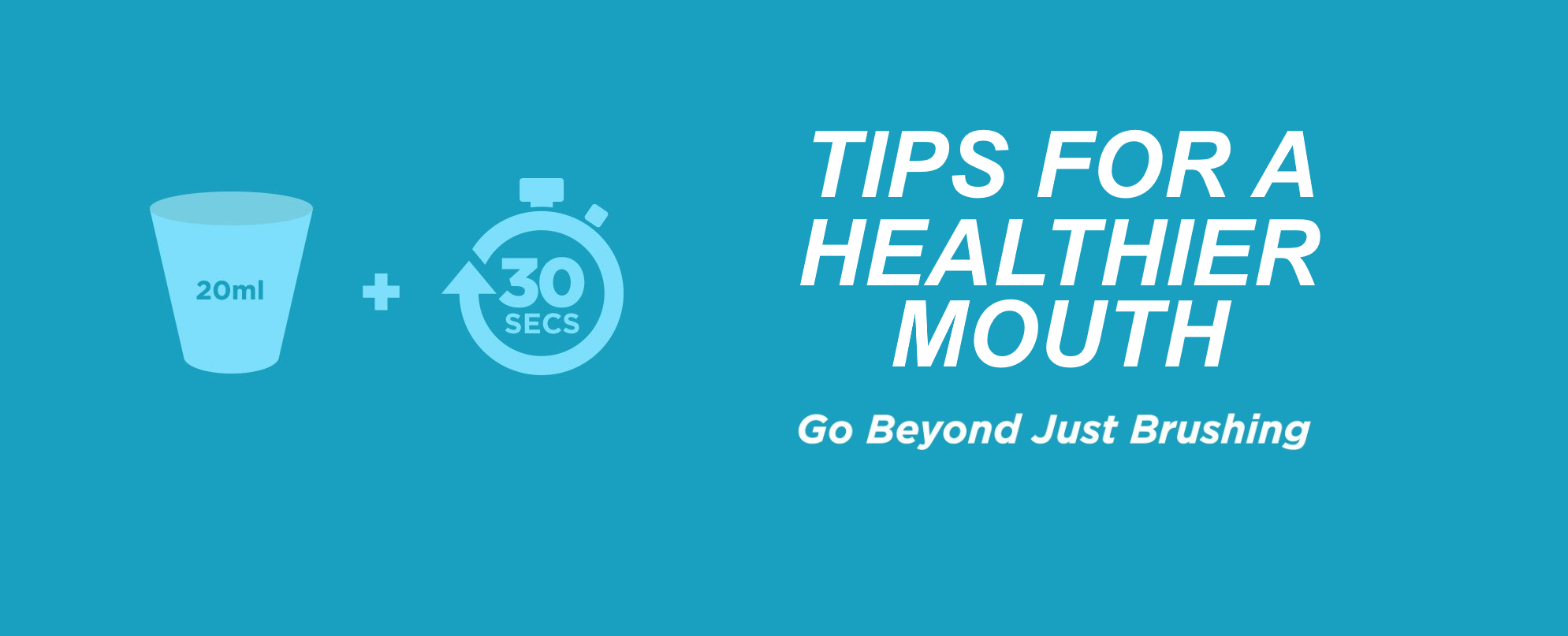Diabetes and Gum Problems: a 2-way relationship
Many people may be surprised to learn that there is a connection between diabetes and gum problems. Clinical studies have shown that patients with diabetes are more likely to develop serious gum problems. This may eventually lead to loss of teeth and other complications.
Some patients with diabetes also experience other problems in the mouth such as:
a) Dry mouth (which puts you at a higher risk of cavities)
b) Bad breath
c) Salty taste in the mouth
d) Poor healing after dental procedures such as teeth extractions
e) Fungal infections like Oral Thrush
How can Diabetes put me at risk of developing serious gum problems?
Diabetes impairs the body’s natural immunity to protect against germs. This means that diabetics are more sensitive to infections and heal slower. Compromised blood vessels also mean that they are less able to fight bacteria, including those in the mouth.
Compared with non-diabetic individuals, the risk of periodontitis is three times more likely in diabetics3.
If you have diabetes, look out for these symptoms of serious gum problems
a) Persistent bad breath
b) Bleeding gums during brushing, flossing or eating
c) Red, swollen gums
d) Pain or soreness in the gums
e) Receding gums
f) Teeth feel loose or shaky
How should I prevent gum problems if I have diabetes?
The most important aspect in preventing gum problems is plaque control. Plaque is a thick film on teeth made up of colonies of bacteria building up on the gum line. If plaque is not removed every day, it causes the gums to become red and swollen. This may then lead to bleeding gums. Inflamed gums is called gingivitis and is the early stage of gum disease. If left untreated, gingivitis may lead to periodontitis.
Preventing gum disease starts with good oral health. This should be an important part of the overall management of oral health for a diabetic.
• A daily routine of brushing, flossing and rinsing with a mouthwash will help prevent plaque build-up and protect your gums against bacteria.
• Use a fluoride toothpaste and a mouthwash every day to help prevent cavities.
• See your dentist on a regular basis for an oral health check-up and professional cleaning.
• Inform your dentist if you have diabetes and discuss any oral health concerns you may have.
• If you wear dentures, make sure to brush and wash them every day to remove plaque build-up.

